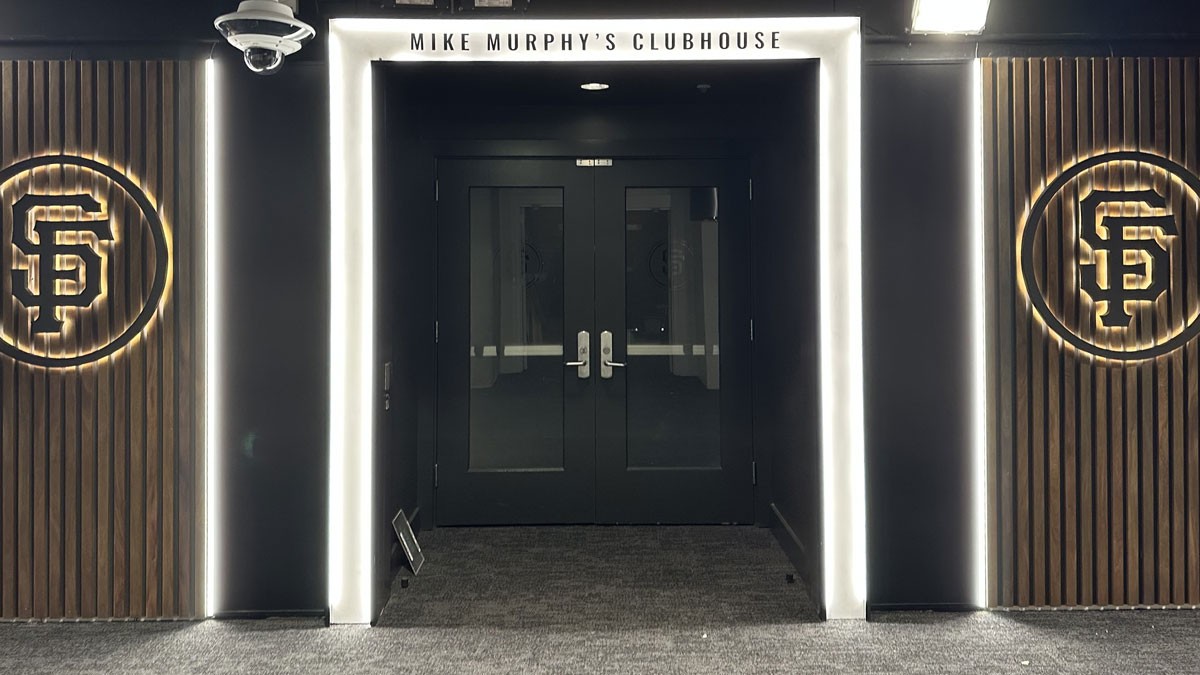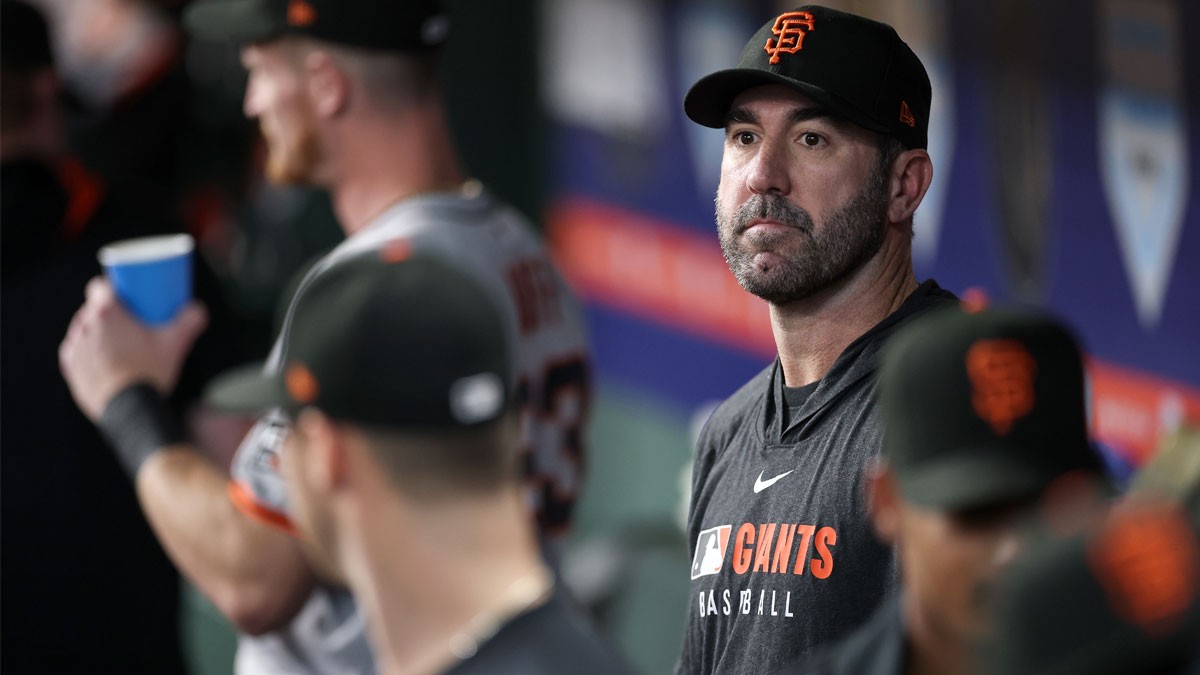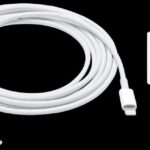Why Do Baseball Players Chew Gum? This practice has become synonymous with the sport, and WHY.EDU.VN is here to explore the reasons. From Wrigley Field’s legacy to the origins of Big League Chew, understand the history and culture behind this ubiquitous habit. Discover more about baseball traditions and dugout behavior with us.
1. The Ubiquitous Nature of Chewing Gum in Baseball
Chewing gum is practically synonymous with baseball. Whether you’re watching a Major League Baseball game or a local little league match, you’re likely to see players and coaches alike chomping away. But why this near-universal habit? Is it simply a quirky tradition, or are there deeper reasons behind it? Let’s delve into the history, culture, and potential benefits that have cemented chewing gum’s place in the sport.
2. Wrigley Field: Chewing Gum’s Monumental Mark on Baseball
To truly understand chewing gum’s connection to baseball, one must journey to Wrigley Field, home of the Chicago Cubs. This iconic stadium is not just a place where baseball is played; it’s a living monument to the Wrigley family and their chewing gum empire.
2.1. William Wrigley Jr.’s Legacy
William Wrigley Jr., the man behind Wrigley’s chewing gum, bought the Chicago Cubs in 1921. In 1927, he officially renamed the stadium from Cubs Park to Wrigley Field. This wasn’t just a branding exercise; it was a declaration of chewing gum’s integral role in the sport.
2.2. Enduring Naming Rights
Despite the Cubs being sold twice since Wrigley Jr.’s ownership, the Wrigley name has remained steadfast. The Ricketts family, the current owners, have made it clear that the Wrigley legacy is here to stay. This enduring connection highlights the deep-rooted relationship between chewing gum and baseball.
2.3. More Than Just a Name
Wrigley Field is more than just a stadium with a famous name. It represents a bygone era when chewing gum was heavily advertised and deeply ingrained in American culture. The stadium’s classic architecture and traditional atmosphere evoke a sense of nostalgia, further solidifying the connection between baseball and chewing gum.
3. The Shift from Tobacco to Gum: A Pivotal Moment
For a significant part of baseball history, chewing tobacco was the norm. However, a creative solution emerged to replace tobacco, making way for chewing gum in baseball.
3.1. Tobacco’s Historical Prevalence
Historically, baseball and tobacco were inseparable. Until the late 20th century, it was common to see players with a bulge in their cheek, indicative of chewing tobacco.
3.2. Reasons for Tobacco Use
- Saliva Production: Chewing tobacco stimulated saliva production, which players believed helped keep their mouths moist and filter out dust.
- Nervous Habit: Some players used it to cope with the pressures of the game.
- Cultural Norm: Tobacco use was prevalent in American culture.
3.3. The Downside of Tobacco
Despite its popularity, tobacco had significant drawbacks:
- Health Risks: It is linked to various cancers and health problems.
- Messy Habit: Spitting tobacco juice was unsanitary and unsightly.
- Social Stigma: As societal attitudes changed, tobacco use became less acceptable.
4. The Birth of Big League Chew: A Revolutionary Alternative
The story of Big League Chew, a shredded bubble gum designed to resemble chewing tobacco, marks a turning point. This innovative product provided a safer, cleaner, and more socially acceptable alternative to tobacco.
4.1. Rob Nelson’s Inspiration
In 1977, Rob Nelson, a pitcher for the Portland Mavericks, noticed the team’s batboy, Todd Field, carrying a pouch of chopped licorice. Field explained he was using it as a tobacco substitute. Nelson, who didn’t chew tobacco himself, saw an opportunity.
4.2. The Invention of Big League Chew
Nelson, along with former major leaguer Jim Bouton and Field, worked to create a shredded bubble gum that mimicked the look and feel of chewing tobacco. They used Field’s kitchen as their laboratory.
4.3. Wrigley’s Endorsement
In 1980, Wrigley took a chance on Nelson and began selling Big League Chew at Wrigley Field. This endorsement legitimized the product and helped it gain widespread popularity.
5. Why Baseball Players Chew Gum: Unraveling the Reasons
Why do baseball players chew gum? The reasons extend beyond mere tradition. Chewing gum offers several practical and psychological benefits that make it a popular choice among players.
5.1. Reducing Stress and Anxiety
Baseball is a high-pressure sport. Chewing gum can serve as a stress reliever, helping players stay calm and focused during intense moments. The repetitive motion of chewing can have a soothing effect, reducing anxiety and promoting relaxation.
5.2. Preventing Dry Mouth
The dry environment of a baseball field can lead to dry mouth, which can be uncomfortable and affect performance. Chewing gum stimulates saliva production, keeping the mouth moist and comfortable.
5.3. Improving Focus and Concentration
Some players find that chewing gum helps them concentrate and stay focused on the game. The act of chewing can be a distraction from external pressures, allowing players to maintain their mental clarity.
5.4. Replacing Unsavory Habits
As mentioned earlier, chewing gum provides a healthier alternative to tobacco. It allows players to satisfy the oral fixation without the harmful effects of tobacco.
5.5. Maintaining Alertness
The flavor and act of chewing can help players stay alert and energized during long games. This is especially important during late innings when fatigue can set in.
5.6. A Matter of Tradition
For many players, chewing gum is simply a tradition passed down through generations. It’s a way to connect with the history of the game and feel a sense of camaraderie with past and present players.
6. Chewing Gum vs. Other Sports: A Comparative Look
While chewing gum is prevalent in baseball, it’s less common in other sports. Here’s a brief comparison:
| Sport | Gum Chewing Frequency | Alternatives | Reasons |
|---|---|---|---|
| Baseball | High | Tobacco (historically) | Stress relief, dry mouth prevention, focus, tradition |
| Basketball | Moderate | Mouthguards | Focus, mouth protection |
| Football | Low | Mouthguards | Physical nature of the sport makes chewing difficult, mouth protection |
| Soccer | Low | Water breaks | Intense physical activity makes chewing difficult, hydration is prioritized |
| Hockey | Low | Mouthguards | Physical nature of the sport makes chewing difficult, mouth protection |


7. Notable Gum Chewers in Baseball History
Throughout baseball history, many iconic players have been known for their gum-chewing habits. Here are a few notable examples:
- Babe Ruth: The legendary slugger was often seen with a wad of chewing tobacco or gum in his cheek.
- Joe DiMaggio: The Yankee Clipper was known for his cool demeanor and constant chewing.
- Michael Jordan: While primarily known for basketball, Jordan famously chewed gum during baseball warmups during his brief stint in the minor leagues.
- Dusty Baker: The longtime manager is rarely seen without a piece of gum in his mouth.
8. The Etiquette of Chewing Gum in Baseball
While chewing gum is widely accepted, there are certain unwritten rules and etiquette guidelines that players typically follow:
- Dispose of Gum Properly: Players are expected to spit their gum into a trash can or designated area, not on the field.
- Avoid Distracting Others: Excessive or noisy chewing can be distracting to teammates and opponents.
- Be Mindful of Appearance: Players should avoid making exaggerated or grotesque chewing motions.
9. Modern Trends in Dugout Snacks
While chewing gum remains a staple, modern baseball dugouts often feature a variety of snacks and beverages. Some popular alternatives include:
- Sunflower Seeds: Provide a similar oral fixation to chewing gum and are a good source of nutrients.
- Energy Drinks: Help players stay alert and energized.
- Water and Sports Drinks: Essential for hydration.
- Protein Bars: Provide a quick and convenient source of energy.
10. The Science of Chewing Gum: What the Experts Say
Researchers have studied the effects of chewing gum on cognitive function, stress levels, and oral health. Here’s a summary of their findings:
| Area of Study | Findings |
|---|---|
| Cognitive Function | Chewing gum may improve alertness, focus, and memory by increasing blood flow to the brain. [Source: Journal of Behavioral and Neuroscience Research] |
| Stress Reduction | Chewing gum can reduce cortisol levels (a stress hormone) and promote relaxation. [Source: Appetite] |
| Oral Health | Sugar-free chewing gum can stimulate saliva production, which helps neutralize acids and prevent tooth decay. [Source: Journal of the American Dental Association] |
| Weight Management | Chewing gum may help reduce appetite and cravings, potentially aiding in weight management. [Source: Eating Behaviors] |
11. The Future of Chewing Gum in Baseball
Despite changing trends and evolving preferences, chewing gum is likely to remain a fixture in baseball for years to come. Its deep-rooted history, practical benefits, and cultural significance have cemented its place in the sport.
12. Chewing Gum: A Symbol of Baseball Culture
More than just a habit, chewing gum has become a symbol of baseball culture. It represents the traditions, the camaraderie, and the unique quirks that make the sport so beloved.
13. Frequently Asked Questions (FAQ) About Chewing Gum in Baseball
Q1: Why do baseball players chew gum during games?
A: Baseball players chew gum for various reasons, including stress relief, preventing dry mouth, improving focus, replacing tobacco habits, and as a matter of tradition.
Q2: Is chewing gum only a baseball thing?
A: While more common in baseball, athletes in other sports also chew gum, though often replaced with alternatives like mouthguards.
Q3: What is the history behind chewing gum in baseball?
A: Chewing gum became popular as a safer alternative to chewing tobacco, with products like Big League Chew leading the way.
Q4: How does chewing gum help with stress relief in baseball?
A: The repetitive motion of chewing can have a soothing effect, reducing anxiety and helping players stay calm during high-pressure situations.
Q5: Is chewing gum better than chewing tobacco?
A: Yes, chewing gum is a healthier alternative to chewing tobacco, avoiding the harmful health risks associated with tobacco use.
Q6: Does chewing gum affect focus and concentration in baseball players?
A: Some players find that chewing gum helps them concentrate and stay focused on the game by providing a distraction from external pressures.
Q7: Can chewing gum prevent dry mouth during baseball games?
A: Yes, chewing gum stimulates saliva production, which helps keep the mouth moist and comfortable, especially in dry environments.
Q8: Is there a specific type of chewing gum that baseball players prefer?
A: While preferences vary, many players favor bubble gum for its flavor and ability to create bubbles, adding to the fun of the game.
Q9: Are there any etiquette rules for chewing gum in baseball?
A: Yes, players are expected to dispose of gum properly, avoid distracting others, and be mindful of their appearance while chewing.
Q10: How has chewing gum become a tradition in baseball?
A: Chewing gum has become a tradition passed down through generations, connecting players to the history of the game and fostering a sense of camaraderie.
14. Conclusion: The Enduring Appeal of Chewing Gum in Baseball
Chewing gum has earned its place in the hearts and mouths of baseball players everywhere. From its humble beginnings as a tobacco alternative to its status as a cultural icon, chewing gum continues to be an integral part of the game.
Are you curious about other unique aspects of baseball or any other topic? At WHY.EDU.VN, we provide expert answers to all your questions. Visit us at 101 Curiosity Lane, Answer Town, CA 90210, United States, or reach out via WhatsApp at +1 (213) 555-0101. Explore our website, why.edu.vn, to discover a wealth of knowledge and get your burning questions answered today.
